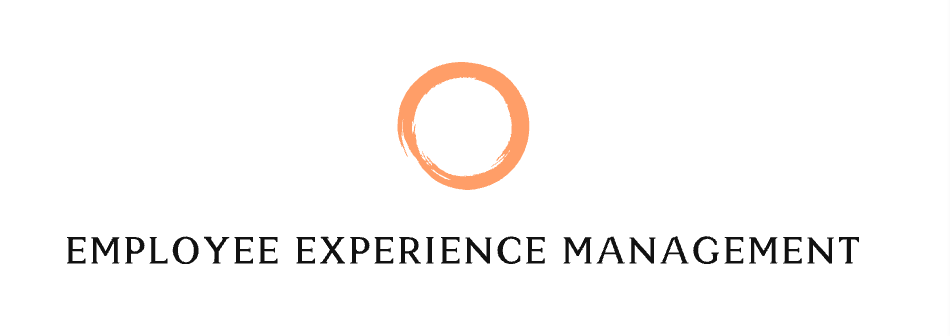The concept of a notice period is fundamental in the realm of employment. It is essentially a timeframe in which an employee notifies their current employer about their intention to resign from their position. This notice period serves a dual purpose, benefiting both the employer and the employee in managing a smooth transition.
A notice period, often referred to as a period of notice, is a predetermined length of time that employees are legally required to provide to their current employer when resigning from their position. It’s an integral element of the professional world and plays a pivotal role in the employment process. This period offers a buffer for all parties involved to prepare for the impending job transition, ensuring a well-coordinated shift.
Deciphering the Notice Period
To truly comprehend the importance of a notice period, we must delve deeper into what it entails. A notice period, commonly specified in employment contracts, is the duration during which an employee is required to inform their employer about their decision to leave the organization. This period offers a buffer for all parties involved to prepare for the impending job transition.
Comprehending the Meaning of the Notice Period
The meaning and implications of a notice period can vary based on various factors, including employment contracts and local labor laws. Typically, the duration of a notice period ranges from a few weeks to a few months. The specific timeframe may vary depending on the employee’s role, seniority, and industry standards. The notice period is an integral part of the employment process, ensuring a well-coordinated transition.
In essence, a notice period is a formal notice provided by an employee to their employer when they intend to leave their current position. This period is defined by the employment contract, organizational policies, or relevant labor laws.
The Necessity of a Notice Period
- Transition Planning: One of the primary purposes of a notice period is to allow employers ample time to find a suitable replacement for the departing employee. This period facilitates a smooth transfer of responsibilities, minimizing disruptions in workflow.
- Legal Requirement: Labor laws in many regions mandate the inclusion of a notice period in employment agreements. Failure to comply with this legal requirement can lead to complications and potential legal consequences.
- Professional Etiquette: Providing notice when resigning is considered a professional and courteous practice. It reflects respect not only for the employer but also for one’s colleagues. It is a widely accepted best practice in the professional world.
Incorporating Notice Period on Job Applications
For individuals seeking new job opportunities while currently employed, it is essential to specify their notice period in job applications. This information assists prospective employers in determining when the candidate can realistically start their new role.
In the realm of job applications, the notice period serves as a crucial piece of information. Potential employers rely on this detail to gauge when you can join their organization if hired. It ensures that your job transition aligns with the prospective employer’s expectations and hiring timelines.
Understanding Notice Periods in Different Countries
The duration of notice periods can significantly vary from one country to another. For example, in the United States, notice periods are often relatively short, particularly in at-will employment situations. Conversely, European countries tend to prescribe longer notice periods to safeguard the interests of both employees and employers.
Effectively Managing the Notice Period
To navigate the notice period effectively, employees can consider the following:
- Review Employment Contract: The first step should be to thoroughly review your employment contract to understand the specified notice period.
- Maintain Open Communication: Open and transparent communication is vital throughout the notice period, fostering a smooth transition for both parties.
- Prepare for the Transition: The notice period provides an opportunity to ensure a seamless handover of tasks and responsibilities. Making the most of this period ensures the continuity of essential work processes.
- Professionalism: During the notice period, maintaining professionalism and integrity is paramount. Upholding your commitment to your current role can leave a lasting positive impression.
Wrap Up
The notice period is a fundamental element of job transitions, ensuring a seamless shift between employees. A profound comprehension of the meaning and significance of notice periods empowers professionals to navigate job changes with grace, professionalism, and respect. In the context of job applications, providing accurate information about your notice period aligns your transition with potential employers’ expectations and needs.
The notice period is not merely a technicality but a pivotal element that reflects professionalism and facilitates a smoother employment transition for all parties involved.
